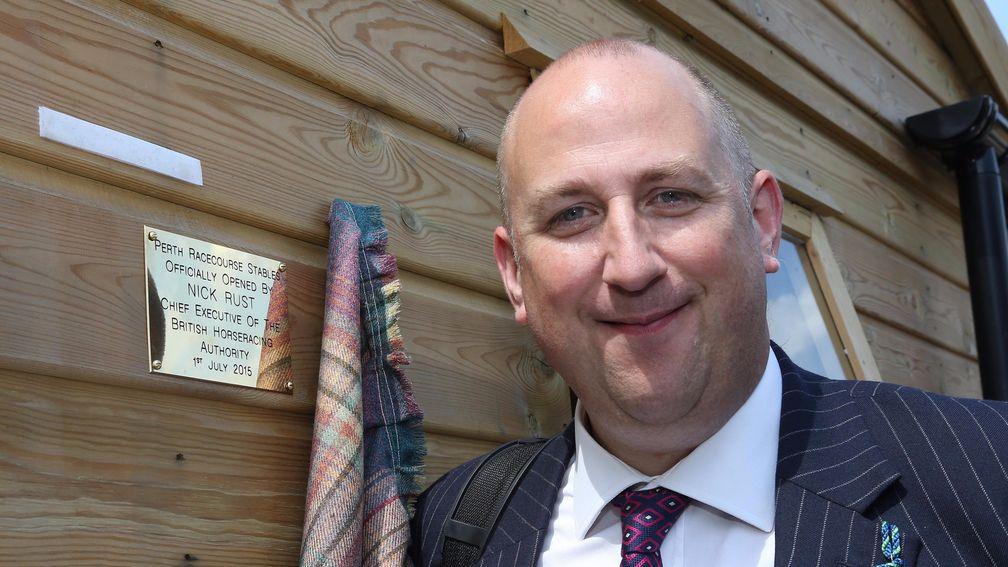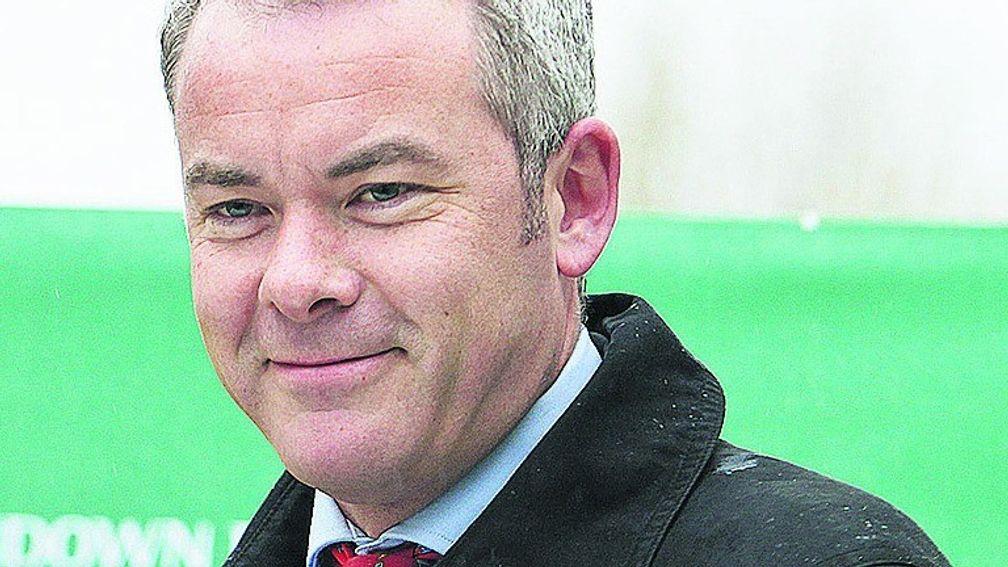Hanagan backs more rigorous approach towards new jockeys

Former champion jockey Paul Hanagan yesterday said the sport would be made safer by a major overhaul of the way new jockeys are licensed and trained.
Under a more rigorous regime applicants for apprentice and conditional jockey courses will be accepted only if they pass a pre-licence assessment.
The length of the course will also be doubled to ten days and there will be continuity training for young jockeys once they are riding as claimers.
The purpose of the change, which will be introduced by the BHA from April 1, is to ensure jockeys are more highly skilled early in their career and better equipped physically and mentally to develop into elite professionals in a sport in which 30 per cent of licensing course attendees do not ride a winner and 88 per cent do not ride out their claim.
The BHA has recognised there are too many riders failing to develop successful careers after obtaining their licences.
'It's good to see'
Hanagan, Flat champion in 2010 and 2011, said: "It's good to see. I've been talking about it for quite a few years. I thought it was easy enough for lads getting a licence now, so it's nice to see something's being done.
"From past experience, from being with Richard Fahey for so long, you'd see some lads come along who aren't good enough to get their licence, and Richard doesn't get their licence.
"Then they leave and go to a different yard where they've been promised a few rides – purely probably to muck out somewhere – and the next minute they're upsides you in the stalls at somewhere like Wolverhampton, and then there's a bad accident. Hopefully it'll make it a lot safer."
Joe Fanning said: "I think they can get their licence too easily at the moment. They can go into a yard and get a licence like that, and years ago you couldn't. I think they should make it more difficult to get your licence, it's a good thing."
The BHA said "racing is spending considerable resource training individuals who may not be successful. Too many jockeys also mean reduced opportunities for riders who might make the grade".
The new strategy is the result of more than three years' work in which the Professional Jockeys Association, National Trainers' Federation and Jockeys Employment and Training Scheme have been actively involved.
Their review concluded more rigorous entry criteria was necessary for aspiring jockeys and that the number of training places be restricted, in order to introduce an element of competition and ensure the most suitable applicants enter the process on a consistent basis.
Pre-licence assessment will be held eight times a year at the British Racing School and Northern Racing College, when applicants will undergo a technical skills test, fitness test and short questionnaire about the racing industry to determine their suitability. There will be 24 places available this year and 40 next year.
Longer courses will include not just technical and physical training but enhanced sessions on nutrition, personal development and lifestyle skills, as well as media training and an introduction to the structure of the racing industry.
The increased cost of the courses will be met from a percentage of jockeys' riding fees and a Levy Board grant.
BHA chief executive Nick Rust said: "The changes announced today ensure that our jockeys will have access to significantly enhanced technical, personal and professional training.

"We are fully aware of the impact these changes are likely to have on horsemen and thank the trainers for their understanding. We will continue to have an open dialogue with the National Trainers Federation and their members as these changes come into effect."

NTF president Seamus Mullins said the inconvenience caused to trainers by losing young jockeys to extra training would be rewarded by their better riding and improved life skills.
Published on inNews
Last updated
- Join Racing Post Members' Club for the very best in racing journalism - including Patrick Mullins' unmissable trip to see Gordon Elliott
- Join the same team as Ryan Moore, Harry Cobden and other top jockeys with 50% off Racing Post Members' Club
- Racing Post Members' Club: 50% off your first three months
- 'It’s really exciting we can connect Wentworth's story to Stubbs' - last chance to catch master painter's homecoming
- The jumps season is getting into full swing - and now is the perfect time to join Racing Post Members' Club with 50% off
- Join Racing Post Members' Club for the very best in racing journalism - including Patrick Mullins' unmissable trip to see Gordon Elliott
- Join the same team as Ryan Moore, Harry Cobden and other top jockeys with 50% off Racing Post Members' Club
- Racing Post Members' Club: 50% off your first three months
- 'It’s really exciting we can connect Wentworth's story to Stubbs' - last chance to catch master painter's homecoming
- The jumps season is getting into full swing - and now is the perfect time to join Racing Post Members' Club with 50% off